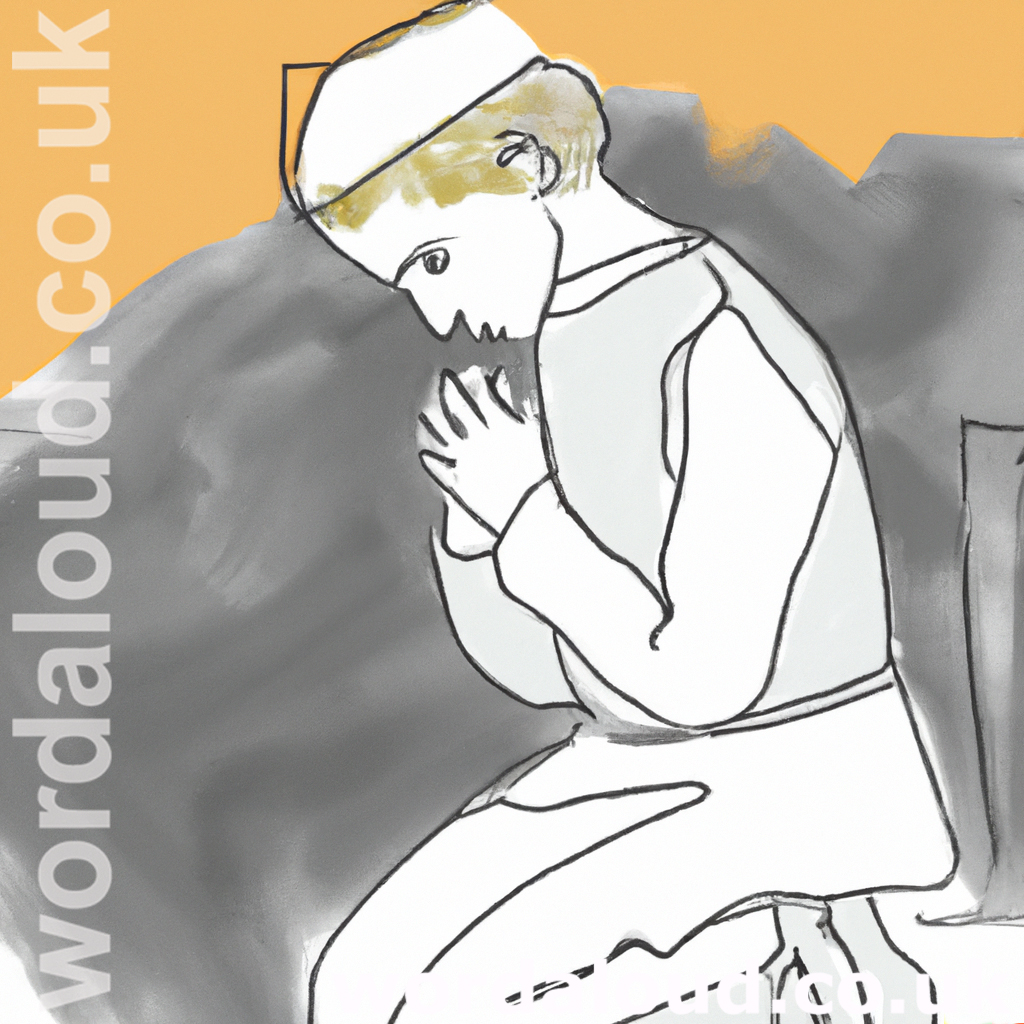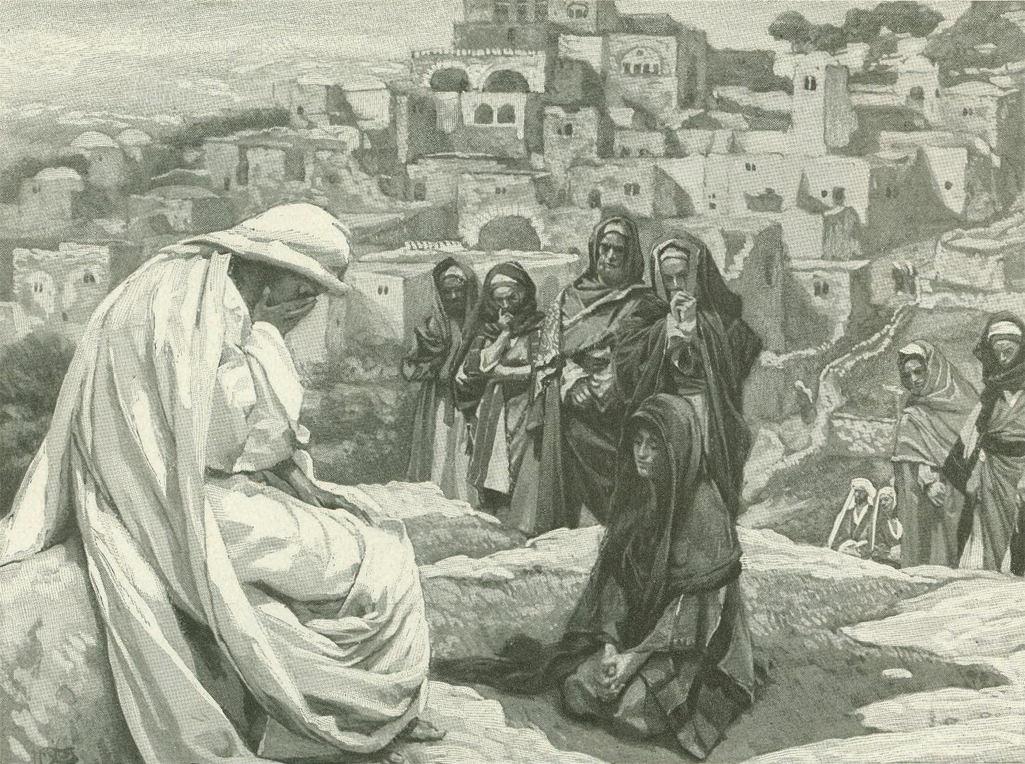Luke 1: 26-38 – 4th Sunday of Advent Year B, also 20th December Weekday (Audio Bible, Spoken Word)
26 And in the sixth month the angel Gabriel was sent from God unto a city of Galilee, named Nazareth,
27 To a virgin espoused to a man whose name was Joseph, of the house of David; and the virgin’s name was Mary.
28 And the angel came in unto her, and said, Hail, thou that art highly favoured, the Lord is with thee: blessed art thou among women.
29 And when she saw him, she was troubled at his saying, and cast in her mind what manner of salutation this should be.
30 And the angel said unto her, Fear not, Mary: for thou hast found favour with God.
31 And, behold, thou shalt conceive in thy womb, and bring forth a son, and shalt call his name JESUS.
32 He shall be great, and shall be called the Son of the Highest: and the Lord God shall give unto him the throne of his father David:
33 And he shall reign over the house of Jacob for ever; and of his kingdom there shall be no end.
34 Then said Mary unto the angel, How shall this be, seeing I know not a man?
35 And the angel answered and said unto her, The Holy Ghost shall come upon thee, and the power of the Highest shall overshadow thee: therefore also that holy thing which shall be born of thee shall be called the Son of God.
36 And, behold, thy cousin Elisabeth, she hath also conceived a son in her old age: and this is the sixth month with her, who was called barren.
37 For with God nothing shall be impossible.
38 And Mary said, Behold the handmaid of the Lord; be it unto me according to thy word. And the angel departed from her.
In this Sunday’s Gospel reading we are reminded particularly of the devotion we offer to Mary and of the saving grace the Mother of God brings to our relationship with Jesus. We are reminded once again to think of Mary as the greatest intercessor to whom we may pray. We think as well of how through our relationship with Mary we help enable our knowledge of God within our hearts: it is as if through our love of the Mother of God, Christ may be continually born within us; we seek to become akin to Mary, to emulate her example, so that through the Mother we may the better know the Son.
The angel Gabriel’s visiting of Mary has a precise time and a precise place. It is the sixth month, this being the sixth month of Elisabeth’s pregnancy with the prophet John, and it is to Mary in Nazareth, a city of Galilee, so fulfilling the prophecies. This event by which mankind is to be saved is both universal through time and space and also unique. Christ’s salvation resonates through all history, and is alive with us now, and too this point in time is singular. God chose this moment.
Mary’s reaction to the message of Gabriel is one to which all of us may relate. She is troubled. The angel sees she is afraid. Well, who wouldn’t be? And, while freely giving herself, she is puzzled and curious, quite naturally asking how she can possibly be the mother to a child, never having had sex; we are told and told again she is a virgin. She doesn’t know that she is the perfect vessel for God to come into this world as Jesus. It is like thinking of someone, ‘She doesn’t know how beautiful she is,’ and that of course is a part of what makes her beautiful.
Mary’s puzzlement helps us again to know that, no matter our human frailties, we are part of Christ’s body. When told God loves us, this can be quite difficult to believe. We might think: ‘How could God love me?’ We too might respond to this message with confusion. After all, God knows all our thoughts and all our deeds. It is truly astonishing to know, and to accept, that God loves us as his children no matter all our mistakes. And so here through Mary’s words, we are reassured that even this most perfect woman experienced fear and puzzlement; and we are led by her example to say within ourselves: ‘Behold the handmaid of the Lord; be it unto me according to thy word.’ We are helped by Mary to know the truth of God’s love. We are helped to know that Christ is born for us and within us, and that we may give ourselves utterly to him.
So much in life has been said to require self-reliance. Often we are very explicitly taught to take charge of events and to impose our will upon the world. If we make it in life, this can be regarded as our individual and individualistic achievement; it is something that we individually have done. Often our successes are suggested to have transpired as if without our gifts both from God and from all those who have given us what we have. We forget that for every gift there is a giver, ego instead becoming all.
Contrast this with Mary’s response to the angel Gabriel. She is perfectly obedient. The work she is to do is not her work; it is God’s. She gives herself completely to the word of God. Through her utter selflessness she is to be the Mother of God. How much more achievement can be ours through this self-giving to God. This is the perfect human response to God’s calling to us all. Behold the handmaid of the Lord.
Hail Mary, full of grace, the Lord is with thee; blessed art thou amongst women, and blessed is the fruit of thy womb, Jesus. Holy Mary, Mother of God, pray for us sinners, now and at the hour of our death. Amen.








